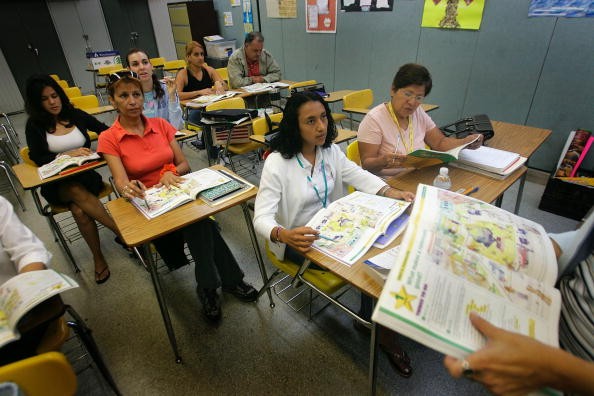
The uncanny link between words similar in both sound and meaning but came from different etymologies proves that language could have been biologically inherited.
National Academy of Sciences published a study that discovered many languages across the world uses similar sounding words to describe same concepts. These suggests no mere coincidence but rather a linguistic evolution that can be traced way back to our ancestors.
Morten Christiansen, co-author and director of Cornell's Cognitive Neuroscience Lab, said as quoted by CS Monitor, "These sound symbolic patterns show up again and again across the world, independent of the geographical dispersal of humans and independent of language lineage. There does seem to be something about the human condition that leads to these patterns. We don't know what it is, but we know it's there."
Christiansen and his team of physicists, linguists and computer scientists did the research by analyzing 40-100 common vocabulary words and its different translations to 62 percent of the 600 current languages and 85 percent of its linguistic lineages. It revealed that a significant percent of the vocabulary words had a strong match in both the phonetics and meaning of the words.
Christiansen explained that language could be already embedded biologically in our DNA. It is the best way to explain how different languages from different countries used similar sounding words with almost the same meaning despite the geographic barriers and cultural isolation that bounded races from communicating a long time ago.
The researchers propose that the remarkable findings could explain language acquisition in babies. This explains why children learn language, a very complex skill, faster than other skills even though child's mental processes are still not yet fully developed. It is because language acquisition could be already genetically predetermined. Aside from that, this could give light on how prehistoric humans started a primitive form of communication using basic sounds and how it was actually passed on from one generation to another.
This challenges the sociological theories in explaining language origin and evolution. The research, however, still needs to be reevaluated and supported with more scientific evidences to be entire accepted.



